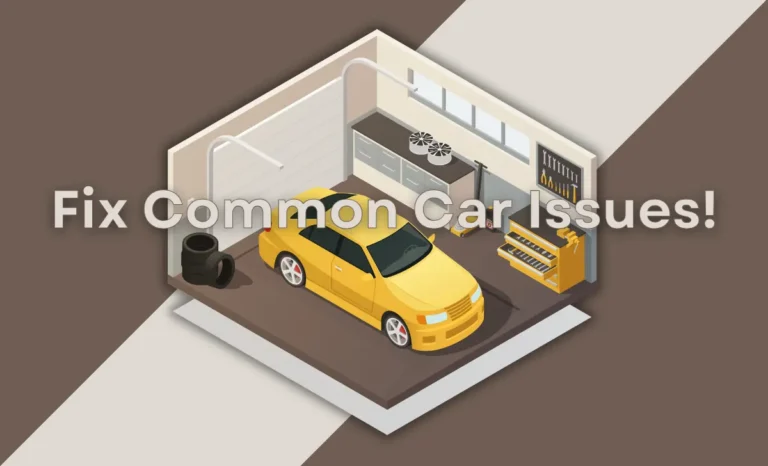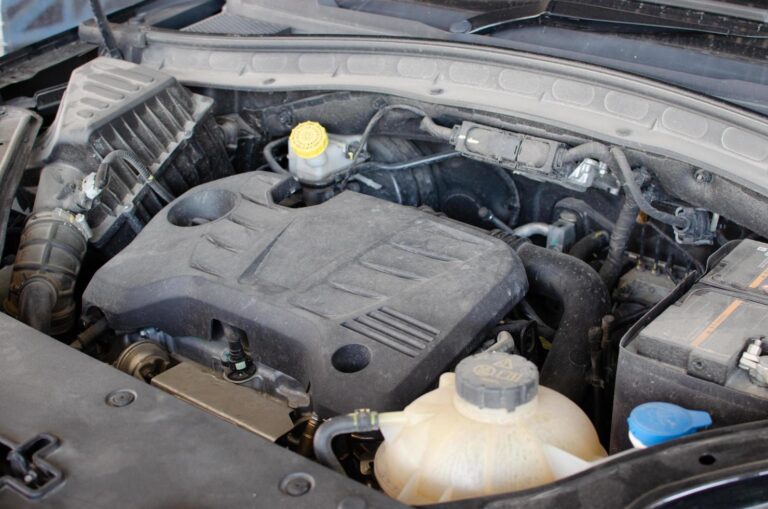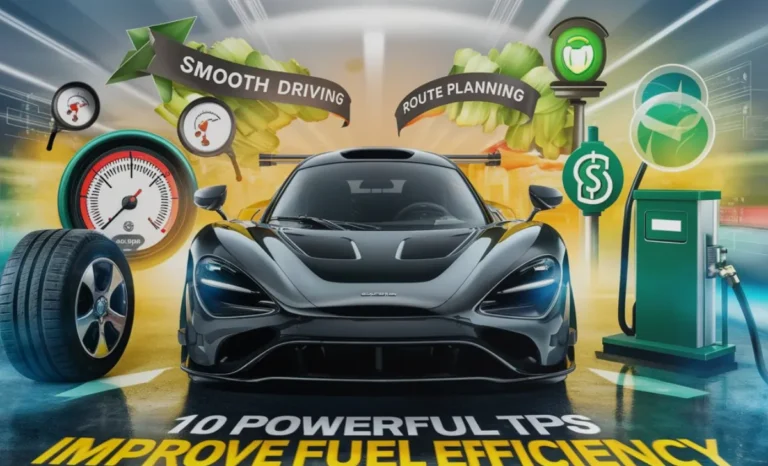
Driving habits significantly improve fuel efficiency. Adopting a smoother driving style can lead to substantial savings on fuel costs. This article explores various strategies to enhance fuel efficiency through improved driving habits, vehicle maintenance, and other practical measures.
In this article
- 1 Smooth Driving
- 2 Vehicle Maintenance
- 3 Weight and Aerodynamics
- 4 Idling and Air Conditioning
- 5 Route Planning
- 6 Fuel Quality
- 7 Driving in Traffic
- 8 Technological Aids
- 9 Conclusion
- 9.1 How can I improve fuel efficiency in my car?
- 9.2 What role does vehicle maintenance play in fuel efficiency?
- 9.3 How does weight affect fuel efficiency?
- 9.4 Is it better to use air conditioning or open windows for fuel efficiency?
- 9.5 How can route planning help in saving fuel?
- 9.6 Why is fuel quality important for fuel efficiency?
Smooth Driving

One of the primary ways to enhance fuel efficiency is by avoiding aggressive acceleration and braking. Rapid acceleration consumes more fuel as the engine works harder to increase speed quickly. Similarly, harsh braking wastes the momentum that has already been built up, requiring more fuel to regain speed. By anticipating traffic conditions and maintaining a moderate pace, drivers can conserve fuel and contribute to a smoother, more efficient drive.
Learn the world first CNG Bike in India..
Maintaining a steady speed, especially on highways, is another effective strategy for improving fuel economy. Fuel consumption increases significantly at higher speeds due to increased wind resistance and engine load. By keeping a constant, moderate speed, drivers can reduce fuel consumption and ensure a more economical journey. The use of cruise control on highways can be particularly beneficial, as it helps maintain a constant speed without the need for manual adjustments, thereby optimizing fuel efficiency.
For those driving manual transmission cars, shifting to higher gears early can also contribute to better fuel efficiency. Driving in lower gears at high speeds causes the engine to work harder and consume more fuel. By shifting to higher gears at the appropriate moments, drivers can ensure that the engine runs more efficiently, reducing fuel consumption over time. This practice, combined with smooth acceleration and deceleration, can lead to noticeable improvements in fuel economy.
Vehicle Maintenance
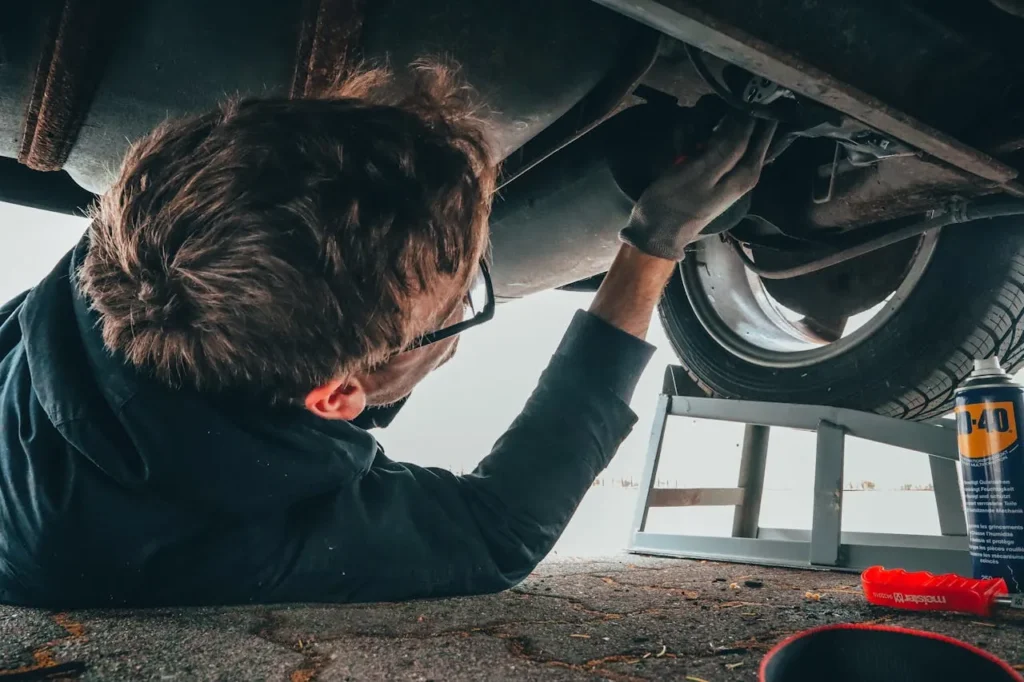
Effective vehicle maintenance is crucial for enhancing fuel efficiency, a factor of significant importance for car owners. One of the primary aspects of vehicle maintenance is ensuring that tires are properly inflated. Underinflated tires can increase rolling resistance, thereby reducing fuel economy by up to 3%. Regularly checking tire pressure and maintaining it at the recommended levels can help in optimizing fuel consumption.
Another critical component of vehicle maintenance is regular oil changes. Using the recommended grade of motor oil can reduce engine friction, which is essential for maintaining optimal fuel efficiency. Neglecting this aspect can lead to increased wear and tear on the engine, subsequently lowering fuel efficiency.
The condition of the air filter also plays a pivotal role in fuel efficiency. A clogged air filter restricts airflow to the engine, causing it to work harder and consume more fuel. Replacing air filters at regular intervals ensures that the engine receives an adequate supply of clean air, which is vital for efficient combustion and fuel consumption.
Periodic tune-ups are another essential practice for maintaining fuel efficiency. These tune-ups typically involve checking and adjusting various engine components to ensure they are functioning correctly. This can include spark plugs, timing belts, and other critical parts that, when not properly maintained, can lead to decreased engine performance and higher fuel consumption.
Weight and Aerodynamics

Reducing the weight of your car can significantly improve its fuel efficiency. This can be achieved by removing unnecessary items from the car. Non-essential items such as sports equipment, extra tools, and unused luggage can add substantial weight, leading to increased fuel consumption. By regularly decluttering your car, you can maintain an optimal weight that supports better fuel economy.
Aerodynamics also plays a pivotal role in fuel efficiency. The shape and design of your car determine how smoothly it can cut through air, reducing drag and improving fuel consumption. Roof racks, for instance, are known to create additional aerodynamic drag, which can decrease fuel efficiency. While roof racks are useful for transporting extra luggage, it is advisable to remove them when they are not in use. This simple step can enhance your car’s aerodynamics and reduce fuel consumption.
Careful selection of car accessories is another important factor to consider. Accessories that protrude or create additional surface area can negatively impact aerodynamics. Opting for sleek, low-profile accessories can minimize air resistance and contribute to better fuel efficiency. For example, choosing a streamlined spoiler over a bulky one can make a noticeable difference in how your car handles air resistance.
Idling and Air Conditioning
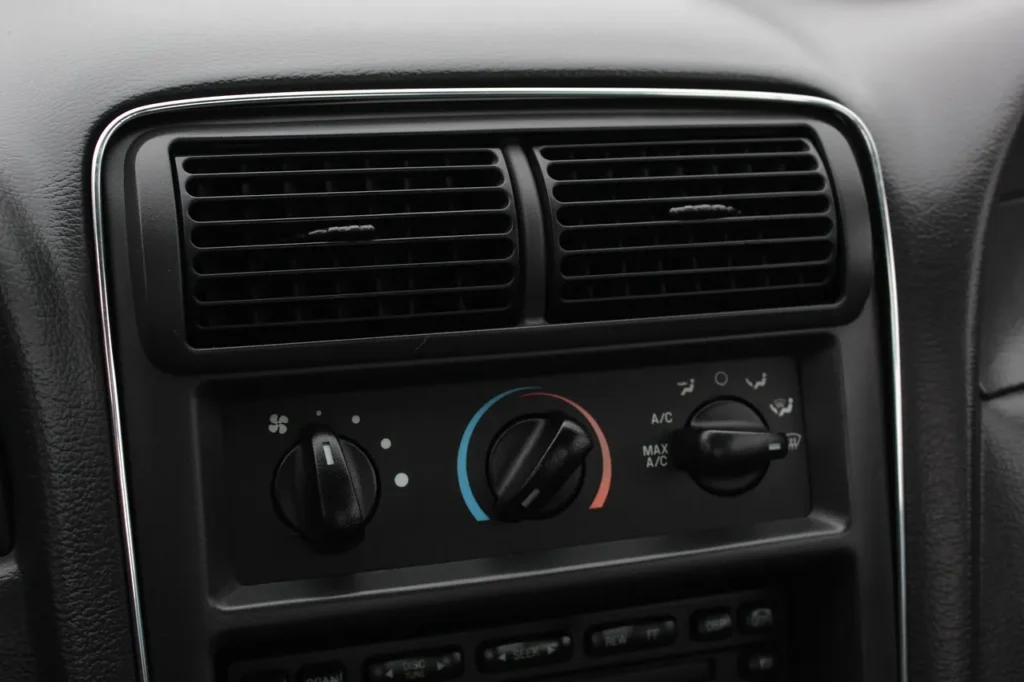
Idling and the use of air conditioning are significant factors that can impact fuel efficiency. When your vehicle is idling, it consumes fuel without any movement, leading to unnecessary fuel wastage. It is advisable to turn off the engine if you anticipate being stopped for more than 30 seconds. This simple practice can result in considerable fuel savings over time.
Moreover, air conditioning is another element that affects fuel consumption. While it provides comfort during hot weather, using it inefficiently can lead to increased fuel usage. At lower speeds, it’s recommended to use air conditioning sparingly. Instead, consider utilizing the vehicle’s ventilation system or opening the windows slightly to allow natural airflow. However, when driving at higher speeds, using air conditioning becomes more fuel-efficient compared to driving with the windows down. Open windows at high speeds increase aerodynamic drag, forcing the engine to work harder and consume more fuel.
Route Planning

Effective route planning is a crucial aspect of maximizing fuel efficiency. By strategically mapping out your journey, you can significantly reduce fuel consumption and, consequently, your overall fuel expenses. Utilizing modern navigation tools such as GPS systems and mobile applications can aid in identifying the shortest and least congested routes, ensuring smoother travel and fewer stops.
One of the primary advantages of planning your route in advance is the ability to avoid heavy traffic areas. Congested roads often lead to frequent stopping and idling, which are detrimental to fuel economy. By selecting routes with lighter traffic, you not only save time but also reduce the strain on your vehicle’s engine, leading to better fuel efficiency.
In addition to avoiding traffic, combining multiple errands into a single trip is another effective strategy for improving fuel economy. Instead of making several short trips, which can increase your vehicle’s mileage and fuel consumption, planning a consolidated route allows you to complete all necessary tasks in one go. This approach minimizes the number of cold starts your engine has to endure, further enhancing fuel efficiency.
Fuel Quality
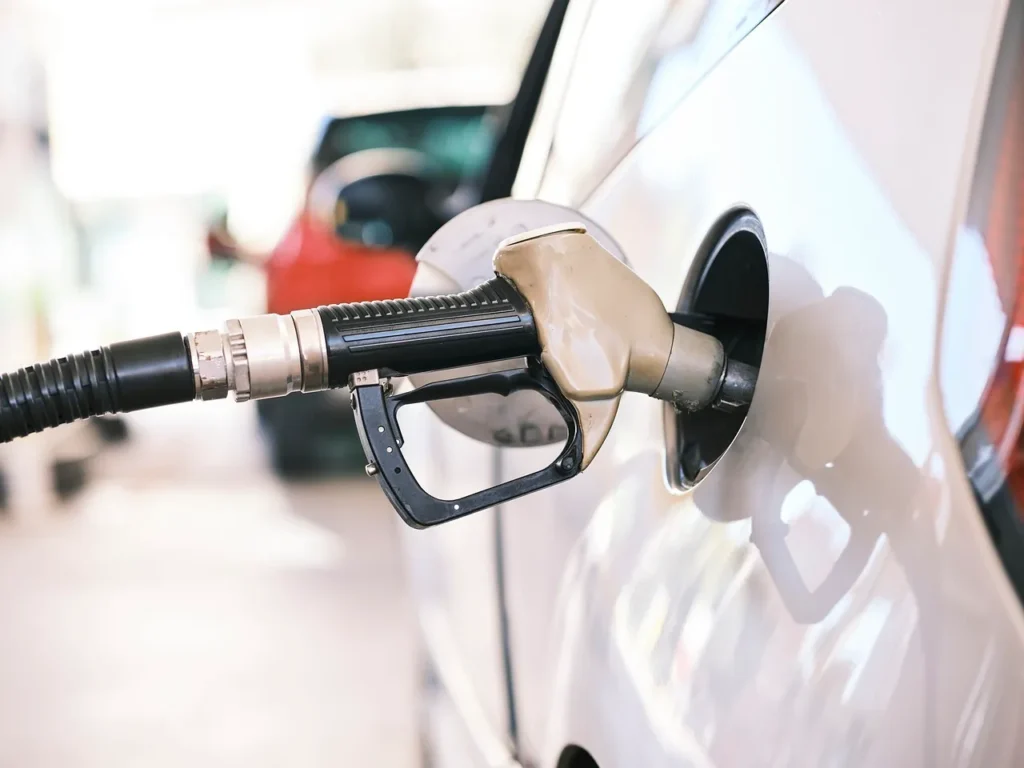
The quality of fuel plays a pivotal role in determining the fuel efficiency of your vehicle. Using high-quality fuel from reputable stations ensures that your engine runs smoothly and efficiently. Premium fuels often contain additives that clean and protect the engine, thereby enhancing its performance and longevity. These additives help in reducing deposits on engine components, which can otherwise impede the combustion process, leading to suboptimal fuel usage.
Adulterated or low-quality fuel, on the other hand, can have detrimental effects on your vehicle’s engine. Such fuels often contain impurities or are mixed with lower-grade substances that compromise the combustion process. This not only leads to poor engine performance but also significantly reduces fuel efficiency. Contaminants in adulterated fuel can cause blockages in the fuel injectors, disrupting the precise fuel-air mixture required for optimal combustion. As a result, the engine has to work harder, consuming more fuel to deliver the same performance.
Moreover, the use of substandard fuel can lead to increased wear and tear on engine components. This can result in frequent maintenance issues and even severe engine damage over time. Repairing or replacing damaged parts can be costly and time-consuming, adding to the overall expense of vehicle ownership. Therefore, it is crucial to choose fuel from stations with a reputation for high quality and integrity. Many car manufacturers recommend specific fuel grades or brands that are best suited for their vehicles, and adhering to these recommendations can further enhance fuel efficiency.
Driving in Traffic

Driving efficiently in traffic can significantly enhance fuel efficiency. One of the primary strategies is to maintain a safe following distance from the vehicle ahead. This practice helps avoid the frequent braking and acceleration that can drastically reduce fuel economy. By keeping a steady pace and anticipating the flow of traffic, drivers can minimize the need for abrupt stops and starts.
In stop-and-go traffic, employing techniques such as coasting and gentle braking can be highly beneficial. Coasting allows the vehicle to move forward using its own momentum without applying the accelerator, thereby conserving fuel. Gentle braking, on the other hand, reduces the energy wasted in the form of heat and decreases the overall fuel consumption. Both of these techniques contribute to a smoother driving experience and improved fuel efficiency.
Another effective approach is to turn off the engine during prolonged stops in heavy traffic. Idling consumes fuel without moving the vehicle, leading to unnecessary wastage. If you anticipate being stationary for more than a minute, consider switching off the engine. Modern vehicles are designed to handle frequent restarts without significant wear and tear, making this a practical tip for conserving fuel.
Moreover, planning your routes to avoid peak traffic times can also play a crucial role in enhancing fuel efficiency. Utilizing real-time traffic updates and navigation apps can help identify less congested roads, enabling a more fluid driving experience. By integrating these strategies into your daily driving habits, you can achieve better fuel efficiency, reduce your carbon footprint, and save on fuel costs.
Technological Aids

Leveraging technological aids can significantly enhance the driving experience and fuel efficiency. Fuel efficiency apps offer insights into fuel consumption patterns, allowing drivers to make informed decisions about their driving habits. By monitoring metrics such as speed, acceleration, and idling times, these apps provide actionable feedback that can lead to improved fuel economy.
Onboard computer systems also play a crucial role in optimizing fuel efficiency. Modern cars are equipped with systems that give real-time feedback on various aspects of driving. For instance, these systems can alert the driver when they are accelerating too quickly or when they are not maintaining a steady speed, both of which can negatively impact fuel consumption. By adhering to the guidance provided by these systems, drivers can adopt more fuel-efficient driving practices.
Advanced Driving Assistance Systems (ADAS) further contribute to maintaining optimal driving conditions. Features such as adaptive cruise control, lane-keeping assist, and automatic braking not only enhance safety but also promote fuel efficiency. These systems help maintain a consistent speed and reduce unnecessary acceleration and braking, thereby conserving fuel. For instance, adaptive cruise control can adjust the car’s speed based on traffic flow, ensuring that the vehicle operates within its most efficient range.
When considering a new car purchase, it is advisable to look into fuel-efficient models that come equipped with advanced technology. Many modern vehicles are designed with fuel economy in mind, incorporating features such as start-stop systems, regenerative braking, and lightweight materials. These innovations contribute to a reduction in fuel consumption, making them a wise choice for those looking to save on fuel costs in the long term.
Conclusion
Incorporating these driving habits into your daily routine can make a significant difference in fuel consumption. By focusing on smooth acceleration, steady speeds, and efficient gear shifting, car owners can master fuel efficiency and enjoy the benefits of reduced fuel costs and a more sustainable driving experience. Properly inflated tires, regular oil changes, clean air filters, and periodic tune-ups, along with effective route planning and leveraging technological aids, can lead to substantial improvements in fuel economy. Prioritizing fuel quality and driving efficiently in traffic also play crucial roles in optimizing fuel consumption. By implementing these strategies, drivers can ensure a more efficient and cost-effective driving experience.
FAQs
How can I improve fuel efficiency in my car?
Improving fuel efficiency can be achieved by adopting smooth driving habits, maintaining a steady speed, and avoiding aggressive acceleration and braking. Regular vehicle maintenance, such as keeping tires properly inflated and changing oil regularly, also plays a crucial role.
What role does vehicle maintenance play in fuel efficiency?
Vehicle maintenance is essential for fuel efficiency. Proper tire inflation, regular oil changes, and clean air filters help the engine run smoothly and efficiently, reducing fuel consumption.
How does weight affect fuel efficiency?
Carrying unnecessary weight increases fuel consumption. Removing non-essential items from your car can reduce weight and improve fuel efficiency. Additionally, minimizing aerodynamic drag by removing roof racks when not in use also contributes to better fuel economy.
Is it better to use air conditioning or open windows for fuel efficiency?
At higher speeds, using air conditioning is more fuel-efficient than driving with windows open, as open windows increase aerodynamic drag. At lower speeds, it’s more efficient to use natural ventilation or open windows slightly.
How can route planning help in saving fuel?
Effective route planning helps avoid heavy traffic and reduces the number of stops and starts, leading to better fuel efficiency. Using navigation tools to identify the shortest and least congested routes can significantly reduce fuel consumption.
Why is fuel quality important for fuel efficiency?
High-quality fuel ensures optimal engine performance and efficiency. Premium fuels with additives help clean and protect the engine, reducing deposits and improving combustion. Using adulterated or low-quality fuel can damage the engine and reduce fuel efficiency.


